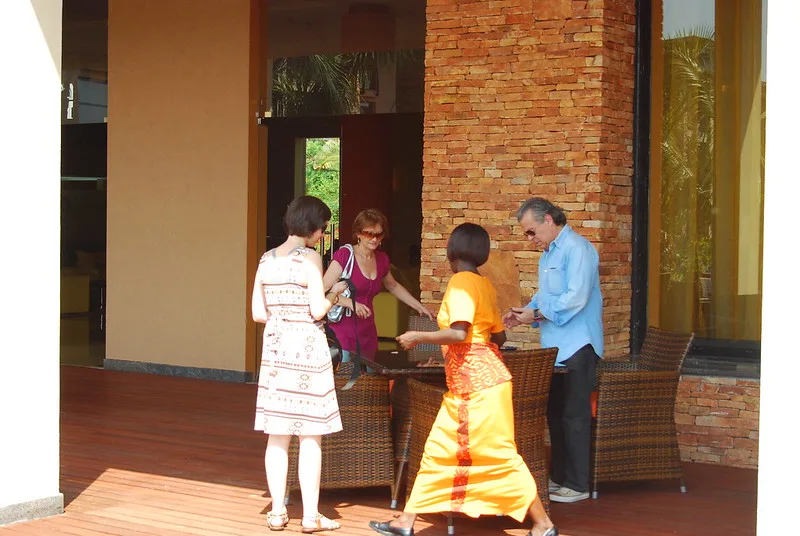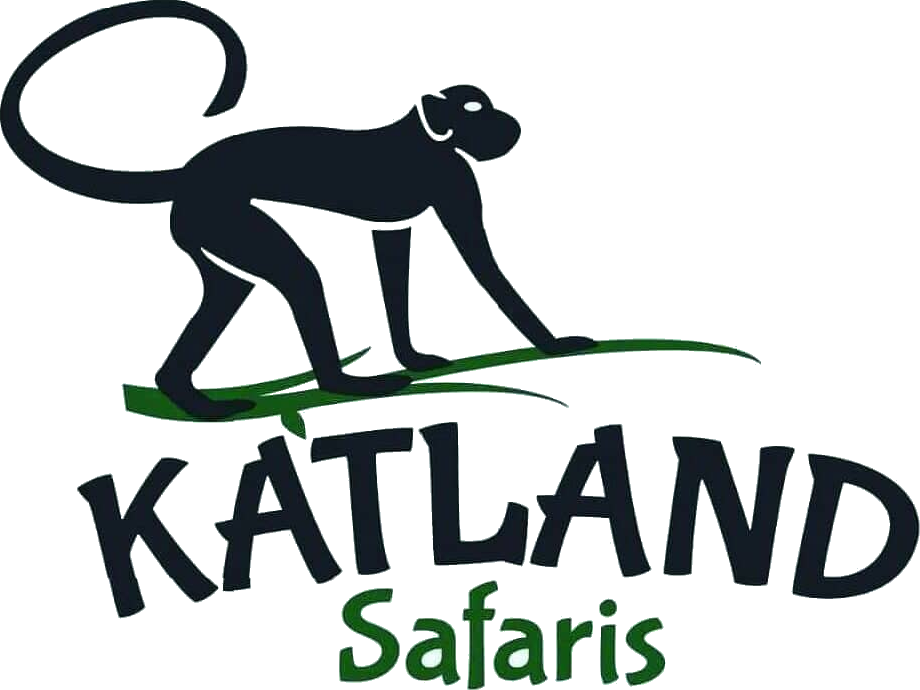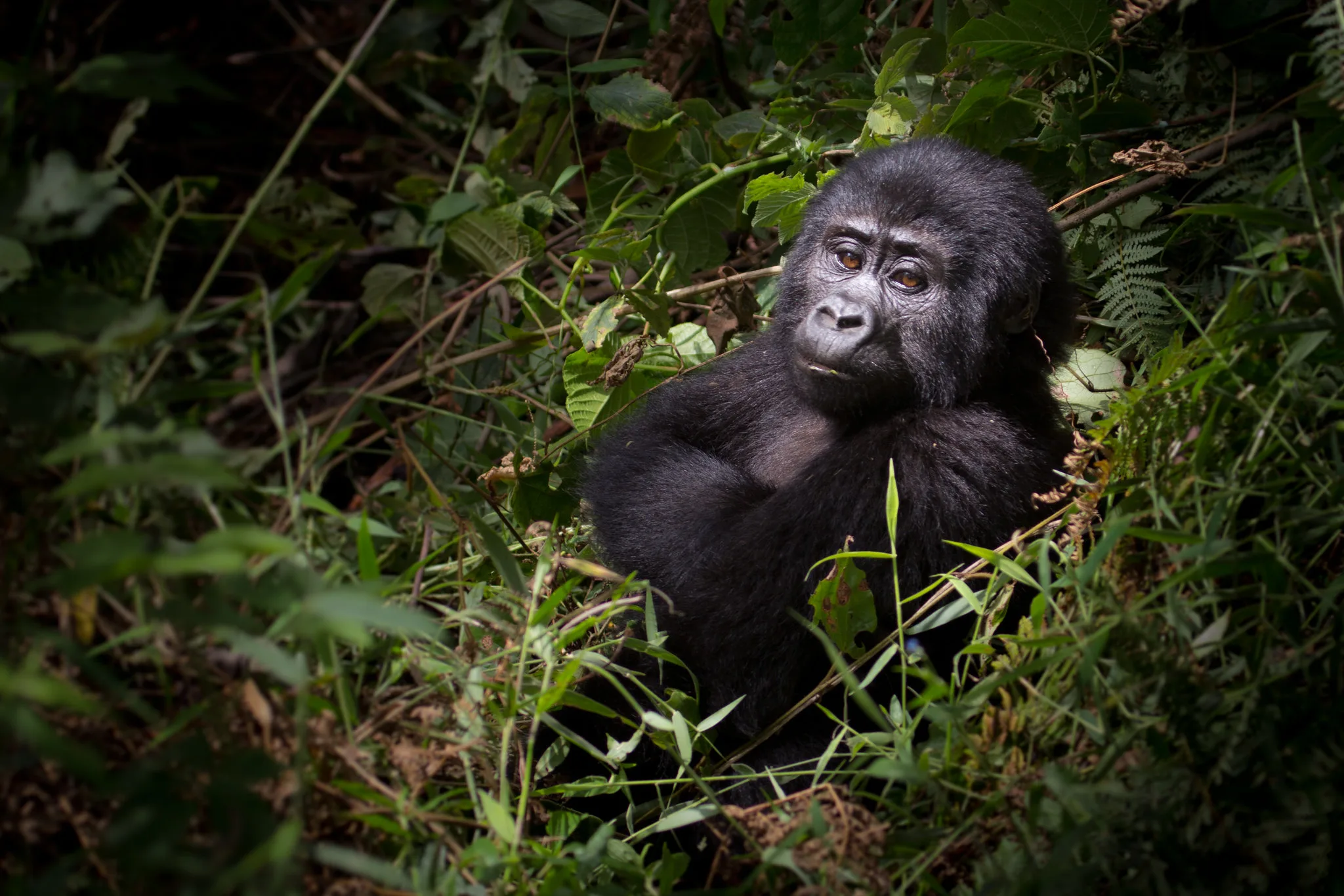
KAHC Proposed Protocols for Reopening of Hotels
KAHC Proposed Protocols for Reopening of Hotels.
Reopening of Hotels
In an effort to contain the COVID-19 pandemic, all of our businesses had to temporarily close their doors. For Kenyans returning from abroad, a few hotels in Mombasa and Nairobi served as quarantine centers.
Being a signatory to the Public Health Act, the Tourism Act (under classification), and HACCP—to which we also belong—and a member of the hygiene training team, we have always ensured that our industry adheres to very high hygiene standards. We believe that the new areas that COVID-19 has provided will allow us to better prepare to take care of our customers in the future.
In light of this, we are recommending the following measures to guarantee the well-being of our employees and customers:-
We ask that housekeeping conduct a thorough disinfection treatment before reopening, paying close attention to the cleanliness and sanitation of all areas.
Every part of the facility, including the doors, hallways, bathrooms, and even the cars, is disinfected on a regular basis, with a focus on the high-touch areas.
Reopening of Hotels
Describe measures taken and protocols followed to contain the COVID-19 pandemic.
Make sure that every single employee is tested for COVID-19. It is highly recommended that personnel undergo testing conducted by MOH teams inside our facilities.
Everyone on staff will have their temperature taken first thing in the morning before each shift begins.
Buses used by staff members will be cleaned on a regular basis.
All personnel are expected to practice social distancing.
Upon arriving, staff members are asked to wash their hands and use hand sanitizers containing alcohol.
During the shift, it is important to consistently wash your hands and sanitize them.
The cafeteria and changing rooms have to be cleaned and disinfected twice a day for the staff.
Using technology, employees will be able to keep an eye on COVID-19 using a smartphone app.

Workers who have any of the following symptoms of a respiratory illness: cough, fever, exhaustion, sore throat, runny nose, trouble breathing, or shortness of breath should notify their employer and stay home for at least 10 days after these symptoms appear. If you need further health advice, call 719.
Visitor Wellness
A Covid-19 negative certificate and proof of testing must be obtained by all guests coming from outside Kenya at least 14 days before their departure.
Every visitor must undergo a temperature test at the main entrance.
Upon arriving at the hotel, guests are asked to wash their hands and use hand sanitizers containing alcohol.
Hand sanitizers and restroom facilities will be supplied by the hotel.
Face masks are mandatory for all guests in the hotel’s public spaces.
Travel bags will be sanitized before being delivered to guest rooms.
It is requested that guests download the COVID-19 app on their smartphones.
PRECAUTIVE ACTIONS
Make sure that everyone on staff receives training on proper COVID-19 hygiene procedures.
Keep all surfaces that are often touched clean and germ-free. This includes door knobs, tables, elevator buttons, switches, public equipment, tools, plates, bowls, and pots and pans.
Stay away from people and anything that may be considered personal, such as shaking hands, touching, kissing, or embracing.
entrance desk
Everyone working at the front desk is required to wear a face mask.
Upon arrival, guests are offered hand sanitizers by the concierge crew.
When passengers check in, their temperature is taken, and they are tested for signs of COVID-19.
Get guests’ details ahead of time to cut down on wait times at the front desk.
The front desk manager will ensure that any visitors who are ill or who are suspected of being unwell go to the hospital for a medical examination.
Make it a habit to disinfect the hotel lobby on a daily basis.
Equipment, carts, and trolleys must be sanitized before and after each shift.
Guests’ rooms are cleaned according to a specific plan that prioritizes the areas that get the most traffic from those staying at the inn.
Keep strangers at arm’s length.
Invite them back at a later time while they’re in the room.
Cleaning and disinfection, particularly the guest restrooms, should be done more often.
Make sure the cleaning staff has enough disinfectants, personal protective equipment, and other necessities.
Sofas, mattresses, and other soft furniture may need different cleaning methods: Vaporizer steam cleaning
Managing linens
Carefully place all garments and linens in designated washing bags and label them accordingly.
Laundry carts, such as hampers, should be cleaned and disinfected before use.
The item may be washed in a hot cycle (70ºC or above) using regular detergent, as instructed.
Hygiene and cleaning procedures are now followed more often.
Keep the disinfectant concentration in drinking water and pool or spa water within the prescribed levels.
Make sure there are enough lockers, bathrooms, dressing rooms, and showers for the visitors.
Give them everything they need to wash their hands, such as liquid soap, paper towels, a hand dryer, and hand sanitizer.
Using antimicrobial solutions regularly to disinfect heavily touched locations, such as door knobs and card terminals.
In public spaces, make hand sanitizers available to all visitors.
Separate the tables by 1.5 meters.
When going from one section of the dining room to another, guests are asked to wear masks.
Maintain a distance of 1.5 meters between the sides of the bar stool.
At a buffet, guests are not permitted to help themselves. Guests may expect to see hotel cooks wearing protective gear like masks and gloves whenever they dine at buffets.
Guests will be offered beverages by servers who will be equipped with personal protective equipment.
Hand sanitizers are available at the entrance to all eating spaces and bars for all guests to use.
Prior to seating new visitors, be sure you clean and sterilize the dining room tables and chairs.
After servicing each table, waiters and service workers are expected to wash their hands and sanitize.
Merchants providing products and services. To stop the transmission of the COVID-19 virus, contractors use safe work practices. Letter of instructions: –
Make soap and water a frequent part of your hand hygiene routine. The correct way to wash hands takes around twenty seconds.
When you cough or sneeze, use a tissue. Throw them away in the room’s trash can.
In the absence of a tissue, your sleeve will suffice.
Never put unwashed hands near your face, especially your eyes, nose, and mouth.
Keep yourself inside if you start to feel sick, run a temperature, or cough. We will provide you with the guidance you need. Feel free to order room service instead of going out to eat if you’re sick.
Reopening of Hotels in Uganda


